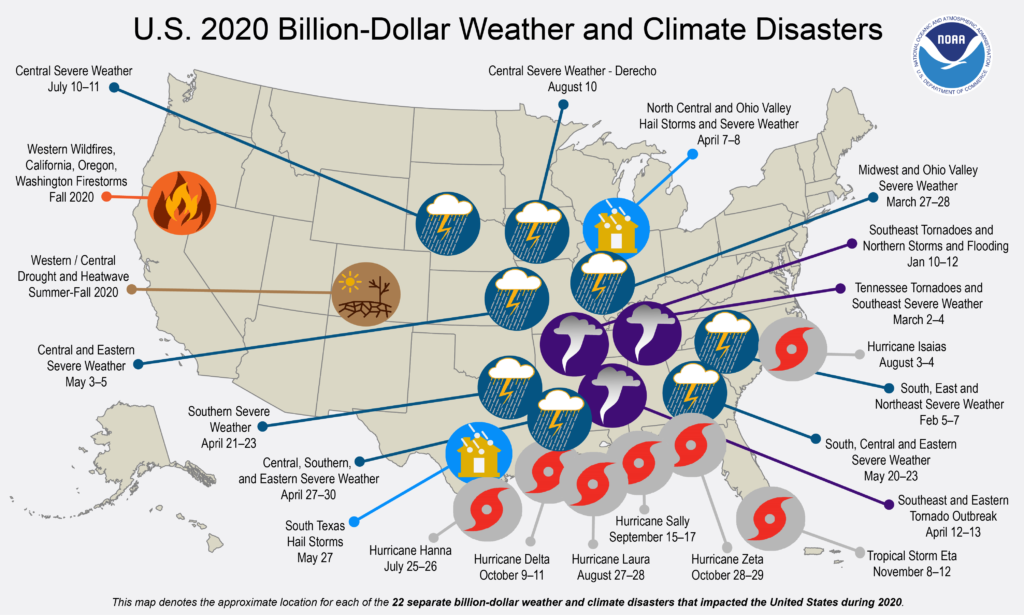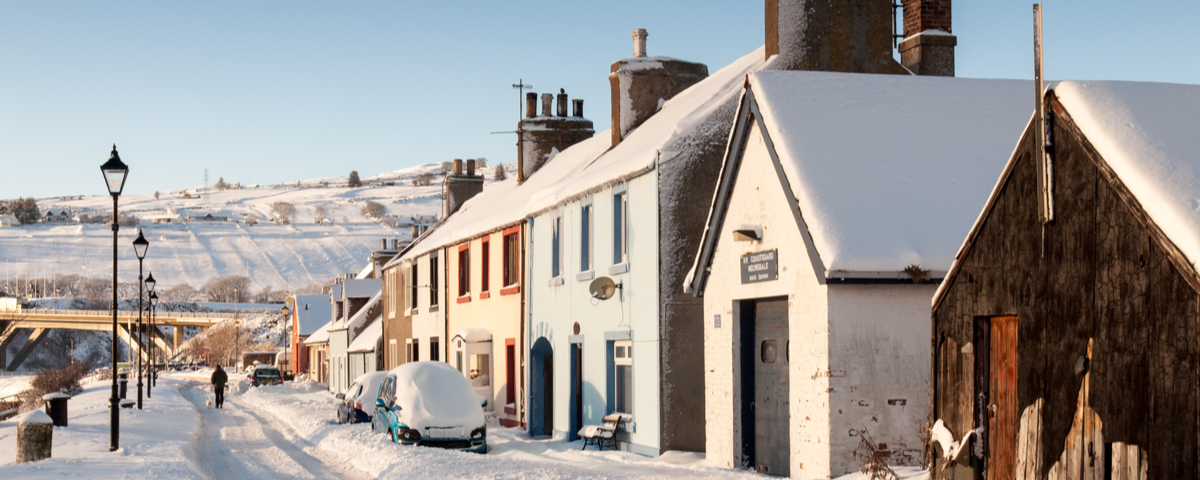The consequences of climate change are with us. Climate change is a real and present danger. As I write this is much discussion about the recurrence of the ‘beast from the east’ in the UK, the snow is with us. Some will see this as evidence that the scientists have got it wrong and that global warming is not occurring. Peter Inness, Lecturer in Meteorology at the University of Reading explains the complex causes of the Polar Vortex which results in snow in the UK as a consequence of a Sudden Stratospheric Warming. Scientists are trained to be cautious, Inness writes limited research does already suggest that Stratospheric Sudden Warming events are becoming more frequent. For other extreme weather events, the story is clearer – evidence increasingly suggests that hurricanes, storms and wildfires are becoming both more frequent and more severe than they once were. … if we do what we can to minimise the damaging impacts of climate change, we may never need to find out whether Stratospheric Sudden Warming events are more frequent because of global warming.
In northern India the Chamoli Glacier has caused a glacial lake outburst flood. The floods swept away five bridges, damaged homes and the nearby NTPC power plant, and washed away a small hydro power project near Rishiganga.
Back in December Antonio Guterres pointed to our folly: “Humanity is waging war on nature. This is suicidal. Nature always strikes back – and it is already doing so with growing force and fury. Biodiversity is collapsing. One million species are at risk of extinction. Ecosystems are disappearing before our eyes,” he said. This is the bad news.
The good news is that “Human activities are at the root of our descent toward chaos. But that means human action can help to solve it.”
Last month the UN Secretary-General reported that extreme weather and climate-related hazards have killed more than 410,000 people in the past decade, the vast majority in low and lower-middle-income countries. The European Union’s Copernicus Climate Change Service reports that In 2020, temperatures globally were an average of 1.25°C higher than in pre-industrial times, and the last six years were the world’s hottest on record. The Arctic and northern Siberia continued to warm more quickly than the planet as a whole in 2020, with temperatures in parts of these regions averaging more than 6°C above a 30-year average used as a baseline. This resulted in an ‘unusually active’ wildfire season, with fires poleward of the Arctic Circle releasing a record 244 million tonnes of CO2 in 2020, over a third more than in 2019.
Denial
There are signs that the US will now be more pro-active in tackling climate change, at least the new administration has brought the nation out of denial and re-joined the international community in addressing the issues. Reducing greenhouse gas emissions and tackling the consequences of polluting our atmosphere on such a scale that we have made our planet so markedly less hospitable for our, and other species, life on Earth. We are jeopardising our children’s futures.
This raises the question, why is denial so persistent in the US and elsewhere?
In 2020 the US experienced a record number of named tropical storms formed in the Atlantic, with a record 12 making landfall and its most active wildfire year on record leaving 262 dead. There were a record-breaking 22 billion-dollar weather and climate disasters that struck the US last year.

Denial is the cheapest solution, although our children are becoming angrier by the day. Strangely while expressing concern about the debt that we shall leave to them for the fight against COVID-19 we are blasé about the greenhouse gas emissions which are cumulative. Getting to net-zero by 2050 is the target policy makers and polluters talk about all the time. That is three decades away, plenty of time…
Delay
As Antoine de Saint-Exupéry reminds us, “A goal without a plan is just a wish.” In 2018 the Intergovernmental Panel on Climate Change (IPCC) reported that “limiting global warming to 1.5°C would require rapid, far-reaching and unprecedented changes in all aspects of society.”
Specifically, “Global net human-caused emissions of carbon dioxide (CO2) would need to fall by about 45% from 2010 levels by 2030, reaching ‘net zero’ around 2050.” That is not going to be achieved. The problem is that greenhouse gases are ‘locked in’, they last for a very long time. There is no quick or painless fix. The first thing we need to do is to stop the situation getting worse.
Mistakes must be avoided
It is a rare thing for industry to call for stronger regulation. Last month the Fuelling Flight Project which includes NGOs and major airlines (AirFrance, easyJet, Finnair, IAG & KLM) pointed to ‘the risk of massive capital investments in things that increase emissions compared to fossil fuels and/or that become stranded assets’ and called for ‘future proof sustainability requirements’ higher than the ones in the European Commission’s Renewable Energy Directive including ‘clear exclusions of unsustainable feedstocks and pathways such as biofuels from dedicated cropland and PFAD [Palm Fatty Acid Distillate]’.
The group, including airlines, has called for higher sustainability standards before SAF is prioritised and ramped up. As they assert: “Competition for limited resources, particularly in relation to international transport, will not solve the global climate challenge.”


